Sorato Anraku's win in Salt Lake City makes him the first man to win three World Cups in a row in a single season.
The only male athlete to win three or more Boulder World Cups in a season is Kilian Fischhuber back in 2011. Fischhuber won in Milan (Italy), Vail (USA), Eindhoven (Netherlands), and Sheffield (UK), but only Vail and Eindhoven were back-to-back.
No man has won more than four World Cups in a single season.
Fischhuber did win three World Cups in a row across seasons, though. He won the last World Cup of 2009 in Eindhoven (Netherlands) and the first two World Cups in 2010 in Greifensee (Switzerland) and Vienna (Austria).
Jongwon Chon was the last man to win three World Cups in a season in 2017.
His win also moves him level with Jongwon Chon and Kokoro Fujii in 8th in the all time list of World Cup winners. He is one win behind Adam Ondra, Jan Hojer, and Rustam Gelmanov, and two behind Tomoa Narasaki.
Anraku did struggle on the first problem, which opened up an opportunity to Sohta Amagasa and Colin Duffy, who both topped the first problem. He barely put a step wrong for the rest of the competition, topping the remaining three boulders in four attempts.
He said after the competition he said, “I’m so happy to win in Salt Lake City. To get three gold medals this year is amazing. I want to win a fourth medal, but I don’t want to think about it. I just want to think about one competition at a time and try to win in Prague.”
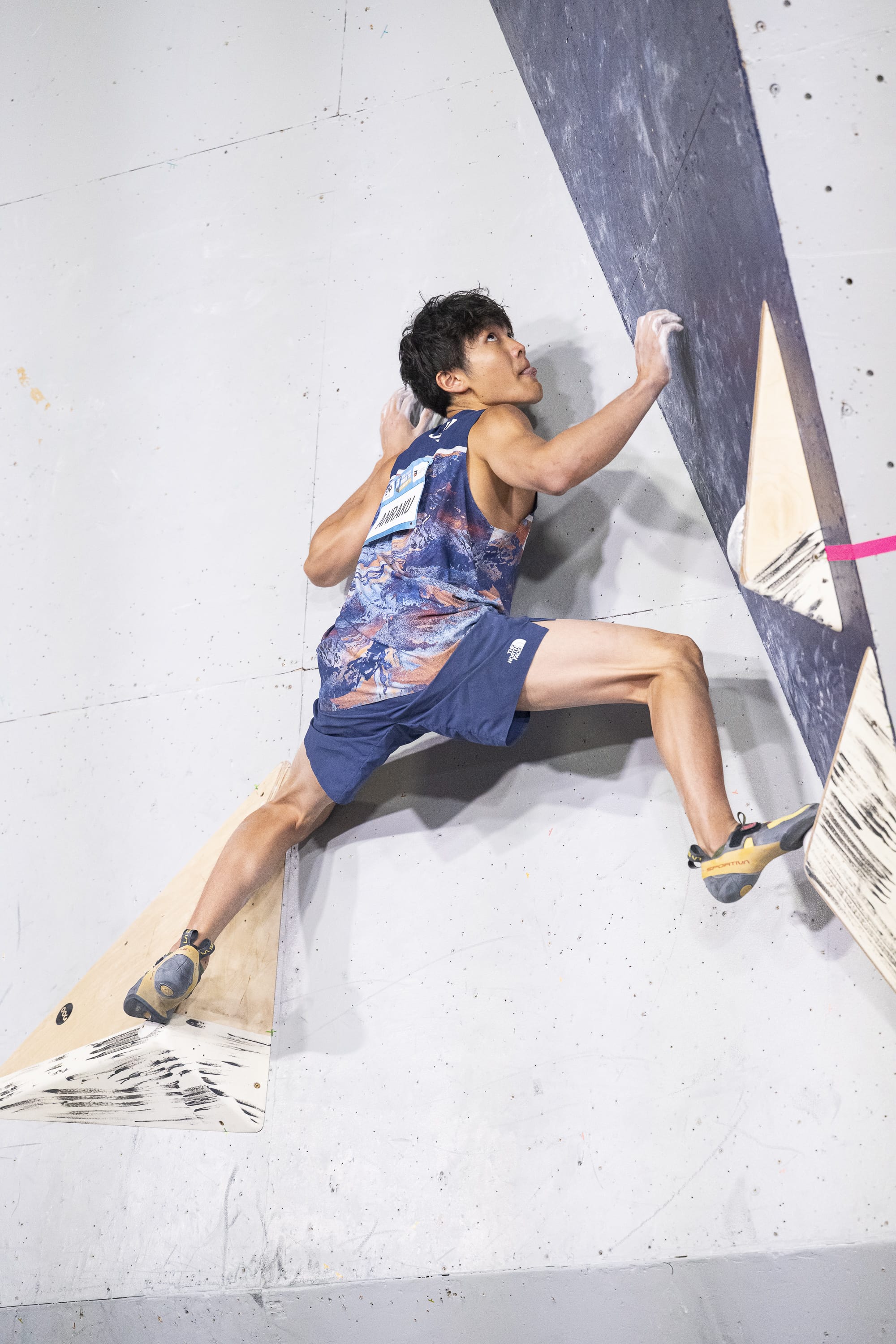
Sohta Amagasa won the silver medal in Salt Lake City. His second place is only his third World Cup medal. He was the only athlete on the podium who topped the first boulder.
He finished 0.1 points ahead of Dohyun Lee because he took fewer attempts to reach the zone holds than Lee. In the previous format, Lee would have finished ahead as he took fewer attempts to get to the top than Amagasa.
Lee came third, winning his 7th medal in his 9th World Cup final. Salt Lake City was his first bronze medal, though. He had previously won 3 gold and 3 silver medals. He is 4 behind Jongwon Chon's total of 11 World Cup medals.
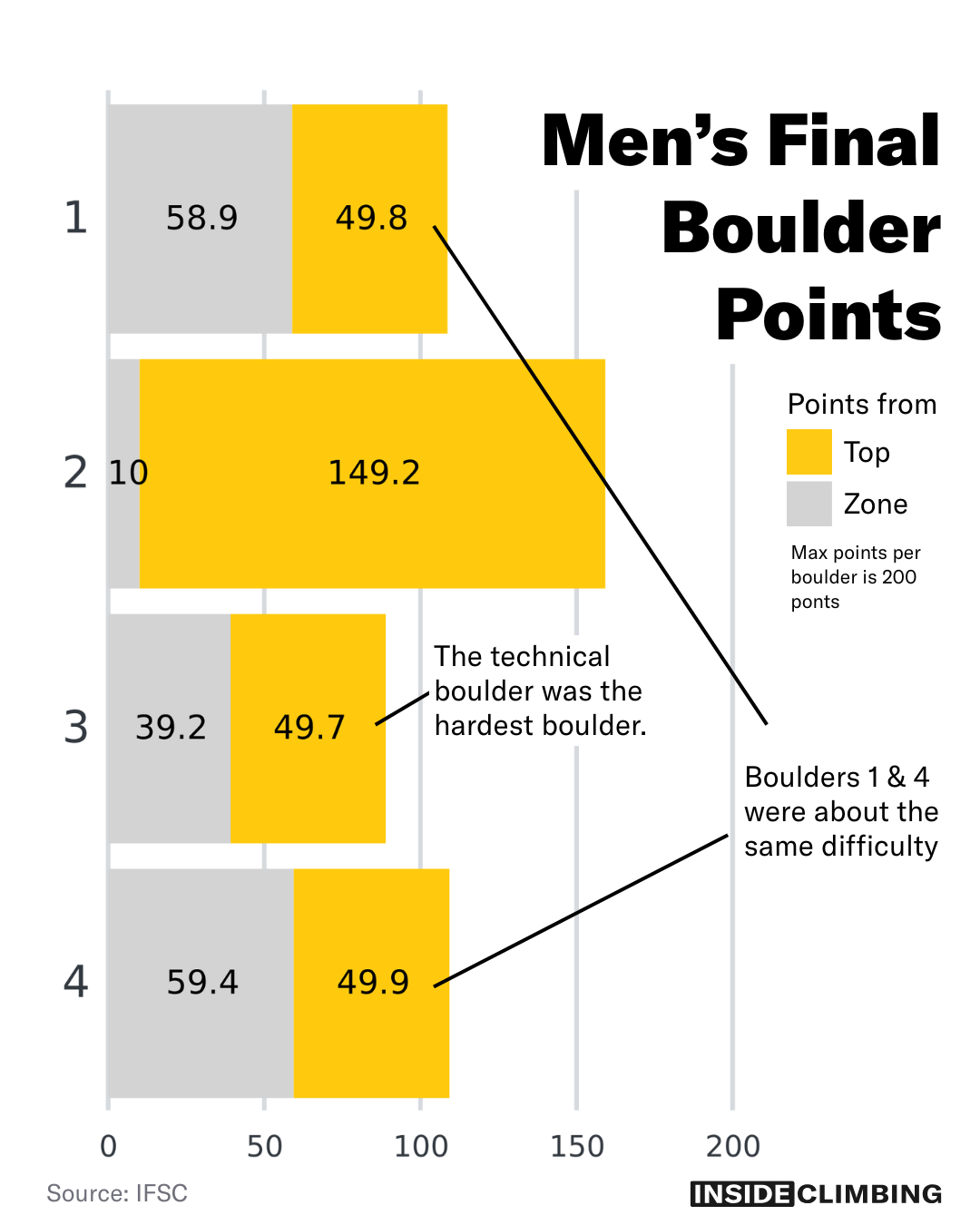
Anraku's win extends his win in the series to 3000 points. Mejdi Schalck stays in second with 1845 points. Sohta Amagasa moves up into third place with 1795 points.
Rei Sugimoto's final moves him into the top 10 in the series, which means every Japanese man was in the top 10.
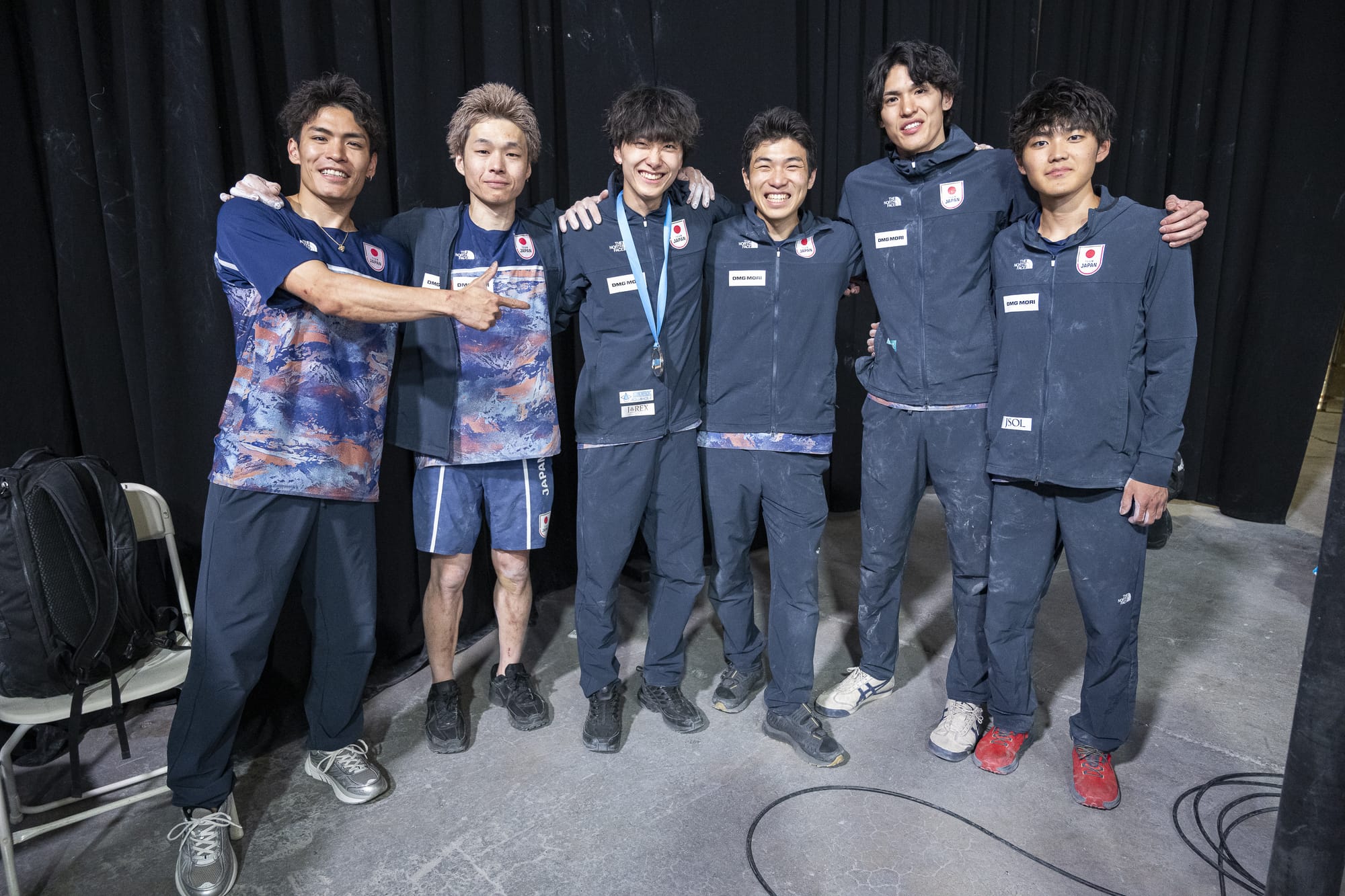
If Anraku wins in Prague, or even makes the final, he will likely win the Boulder World Cup Series. He won with 3,365 points last year and with 3,350 points in 2023.
| Rank | Athlete | Country | Points |
|---|---|---|---|
| 1 | Sorato Anraku | Japan | 3000 |
| 2 | Mejdi Schalck | France | 1845 |
| 3 | Sohta Amagasa | Japan | 1795 |
| 4 | Tomoa Narasaki | Japan | 1637 |
| 5 | Meichi Narasaki | Japan | 1615 |
| 6 | Dohyun Lee | South Korea | 1495 |
| 7 | Paul Jenft | France | 1170 |
| 8 | Yuji Fujiwaki | Japan | 1155 |
| 9 | Anže Peharc | Slovenia | 900 |
| 10 | Rei Sugimoto | Japan | 870 |
Mao Nakamura's first Boulder World Cup
Mao Nakamura won her first World Cup medal in Salt Lake City, and it was a gold one. Every athlete was smiling and ran over to celebrate with her. There is not an athlete who's victory is more popular.
She had competed in 23 World Cups before she won her first medal, including 6 finals and three fourth-place finishes. Nakamura started competing on the World Cup circuit back in 2016 and is only the third Japanese woman to win a Boulder World Cup.
She said after the competition “I can’t believe it. I’ve had many fourth places, and I can’t believe I have a medal. So many people were cheering for me, so I just tried to podium for them. I was just so excited. Thank you everyone.”
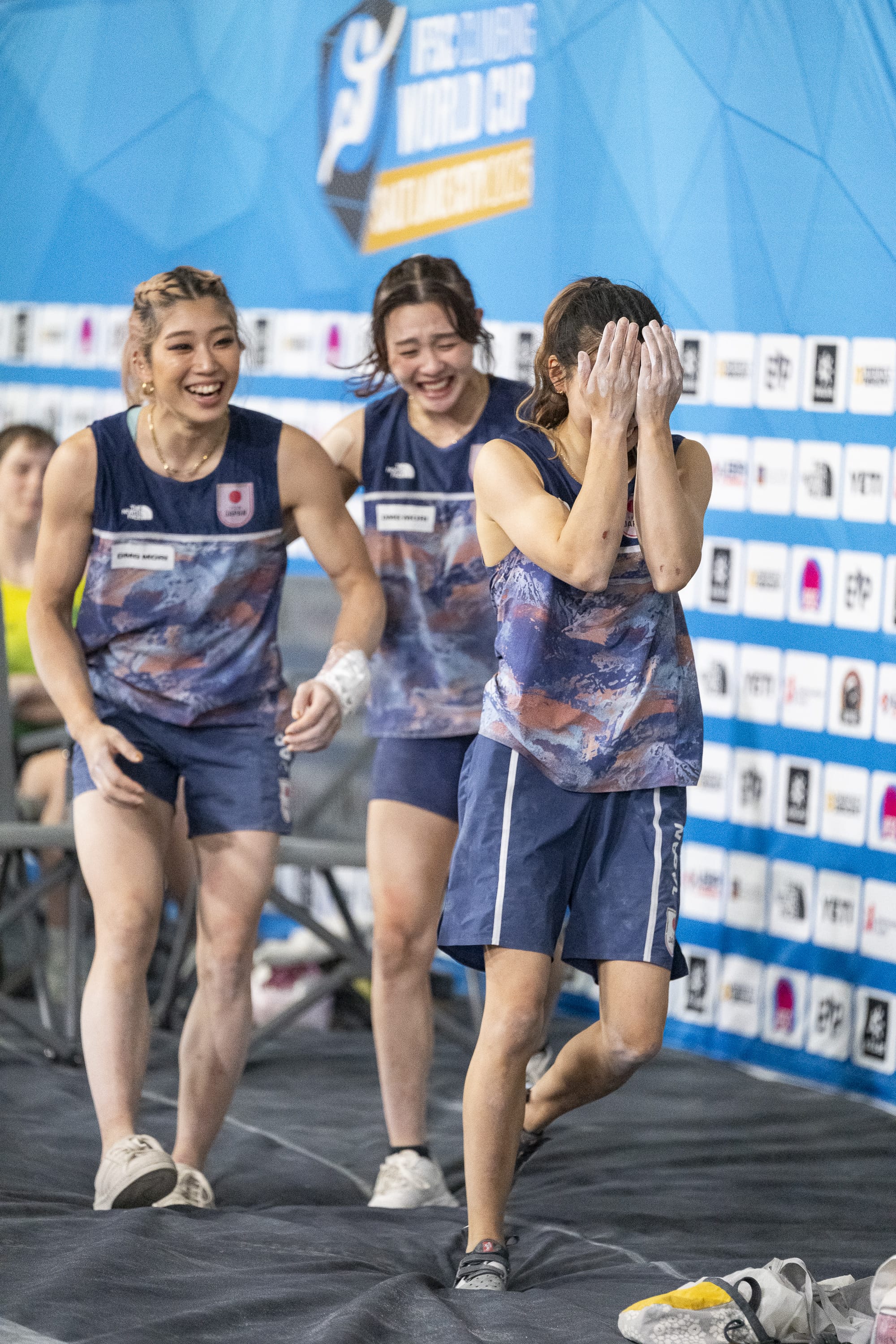
Zélia Avezou won her second silver medal in Salt Lake City in her second competition in seven months. She mentioned on Instagram that she broke her wrist in the off-season. Avezou finished highest of the athletes on 70 points in the final due to count-back to the semi-final. Across the semi-final and final, she flashed every scoring hold she reached.
Annie Sanders won the bronze medal. This was her fourth World Cup medal and first in Salt Lake City. Sanders has not finished below 3rd in a Lead or Boulder World Cup since Chamonix last year.
The final for the women became a game of execution, with athletes flashing or failing to get most of the scoring holds. Second to sixth were separated by 0.6 points and count back, with four athletes finishing on 70 points. The routes polarised the scoring, with lots of points scored on the first two boulders and few on the last two boulders.
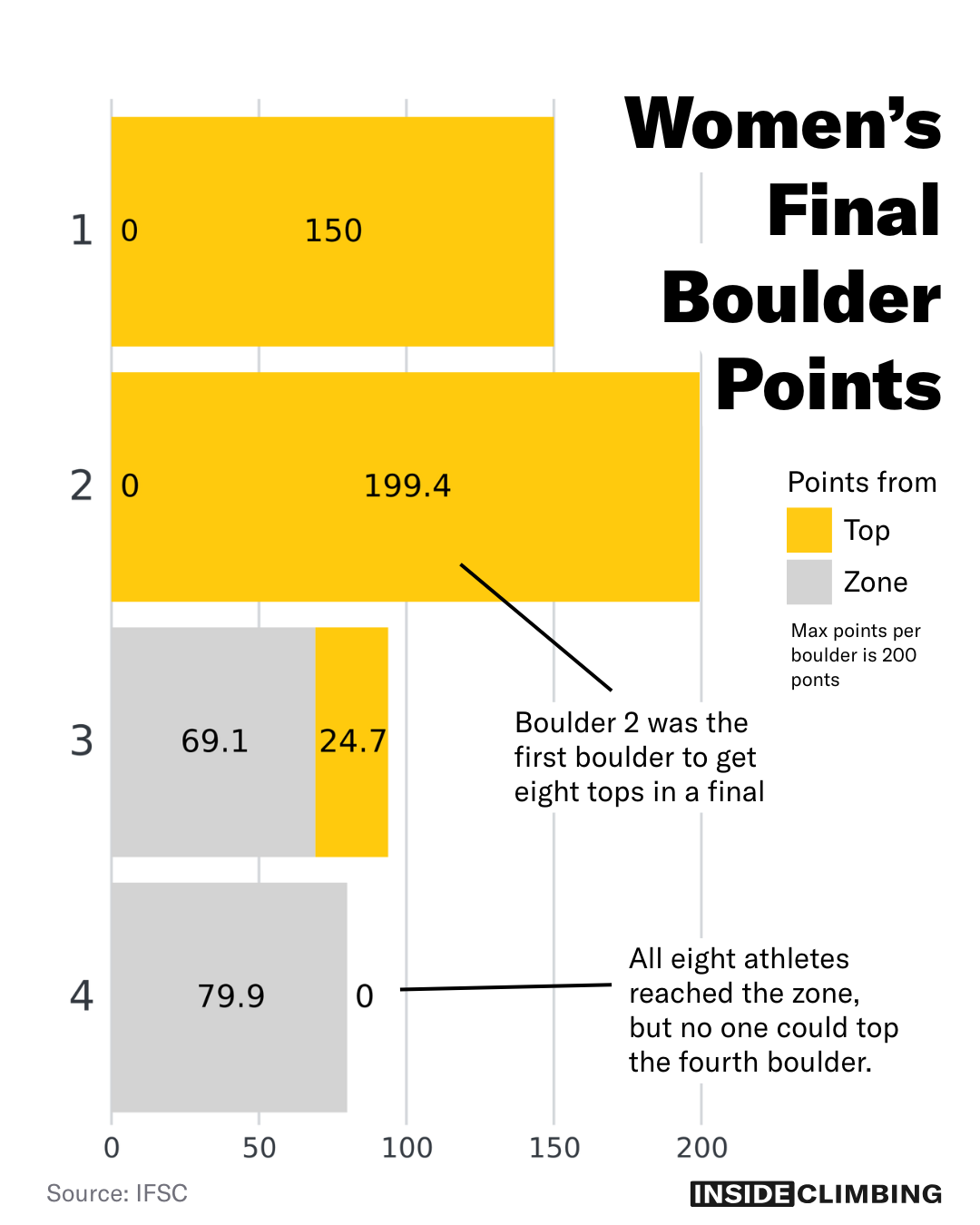
Oriane Bertone's fourth-place finish kept her in first place in the Series with 2,220 points. Mao Nakamura's win moves her up to joint first alongside Bertone. Annie Sanders moves back into the top three due to her bronze medal with 1,690 points.
Miho Nonaka's sixth place moves her back into the top ten overall. There are now five Japanese women in the top ten.
| Rank | Athlete | Country | Points |
|---|---|---|---|
| 1 | Oriane Bertone | France | 2220 |
| 1 | Mao Nakamura | Japan | 2220 |
| 3 | Annie Sanders | USA | 1690 |
| 4 | Naïlé Meignan | France | 1545 |
| 5 | Melody Sekikawa | Japan | 1320 |
| 6 | Camilla Moroni | Italy | 1083 |
| 7 | Futaba Ito | Japan | 1055 |
| 8 | Zélia Avezou | France | 1045 |
| 9 | Miho Nonaka | Japan | 1040 |
| 10 | Anon Matsufuji | Japan | 985 |
Rei Sugimoto retires from competition climbing
Salt Lake City was Rei Sugimoto's final World Cup as he is retiring this year at the age of 33. Sugimoto is one of eight Japanese men to have won a World Cup.
He won his first World Cup in Munich in 2013 and his second in Vail in 2018. He started competing in World Cups in 2009, reaching his first final at the Vail Boulder World Cup in 2011.
Why Futaba Ito won't be competing in Boulder World Cups for the rest of the season.
You may have heard on the live stream of the men's final that Futaba Ito won't be competing in any of the other Boulder World Cups this season.
Why is this?
Japan has decided to allocate its spots to give every athlete on the national team the best chance to compete. The team is made up of the Olympians, the top 10 finishers from last year, and eight athletes who qualified at the Boulder Japan Cup.
According to Rei Sugimoto on a live stream he did to explain the selection process, the JMSCA started planning the 2025 selection criteria in spring 2024 before the IFSC announced the changes to the World Cup quota system.
For the second half of the season, World Cup places are allocated based on (translation thanks to Google Translate):
- Up to three athletes who placed in the top three in the first half of the series.
- Up to three people who finished in the top six in the first half of the series.
- Up to one player ranked in the top 10 in 2024. This does not include athletes chosen in the first half of the season based on this criterion.
- Top athletes from BJC 2025, not including those chosen in the season's first half.
This means that Futaba Ito won't be selected for the second half of the season because she is outside the top six. Ito's sixth place in Curitiba was her highest finish this year, and she is currently seventh in the series. As she was selected based on her BJC performance (tier 4), her spot goes to another athlete on the national team.
Sugimoto and Fujiwaki also won't be competing in the second half of the season either after finishing 10th and 8th in the Series after the first half. Neither will Mashiro Kuzuu and Yui Suezawa, who are ranked 16th and 51st.
Meichi Narasaki was the fourth Japanese man in the top six, and so he will miss out on the European Boulder World Cups. Even winning a World Cup medal is not enough to continue competing at World Cups. He was injured on the first boulder, and if can recover, he will likely compete at the World Championship after winning a medal.
Mao Nakamura and Melody Sekikawa are both in the top six. So are Sorato Anraku, Sohta Amagasa, Meichi Narasaki, and Tomoa Narasaki. They can be selected to compete in the second half of the season.
Miho Nonaka and Anon Matsufuji were both chosen for the second half of the season based on their performances at the 2025 Boulder Japan Cup (BJC). Nonaka won and Matsufuji came 8th. They were both selected for the first half of the season on higher criteria than their BJC performances, so they can qualify for the second half of the season based on their BJC performances.
The athletes registered for the Prague, Bern, and Innsbruck World Cups are:
| Women | Men |
|---|---|
| Mao Nakamura | Sorato Anraku |
| Melody Seikawa | Sohta Amagasa |
| Miho Nonaka | Tomoa Narasaki |
| Anon Matsufuji | Daiki Sano |
| Ai Mori | Kento Yamaguchi |
| Kaho Murakoshi | Yusuke Sugimoto |
For Japanese athletes to get selected for the World Championship, they need a podium in the World Cup season. The exceptions are for the 2024 Asian Continental Champions Sorato Anraku and Anon Matsufuji, who have separate named spots. Any other spaces are filled based on athletes' Boulder World Cup ranking.
Need for Speed: Denver Preview
We move from Salt Lake City back to Colorado for the second America World Cup.
Denver will be the seventh location in the USA to host a World Cup and the third in Colorado. This year marks the first time since 2012 that the USA has hosted two World Cups in different locations. It is the first time that the USA will host a Speed-only World Cup.
82 athletes are registered to compete in Denver from 20 countries, made up of 54 men and 28 women.
The Chinese and American teams make up more than half of the women participants as other athletes are not attending. World Cup winners Lijuan Deng, Yafei Zhou, and Shaoqin Zhang are all registered for China as part of a full six-women team. Emma Hunt and Piper Kelly lead the 10-strong USA team.
No Indonesian or South Korean women are competing in Denver. So, Wujiang medalist Jimin Jeong and Bali medalist Adi Asih Kadek will not compete. The speed world record holder Aleksandra Miroslaw also won't be attending.
The Pan American speed champion Andrea Rojas is registered. So are Olympians Leslie Adriana Romero Pérez and Beatrice Colli.
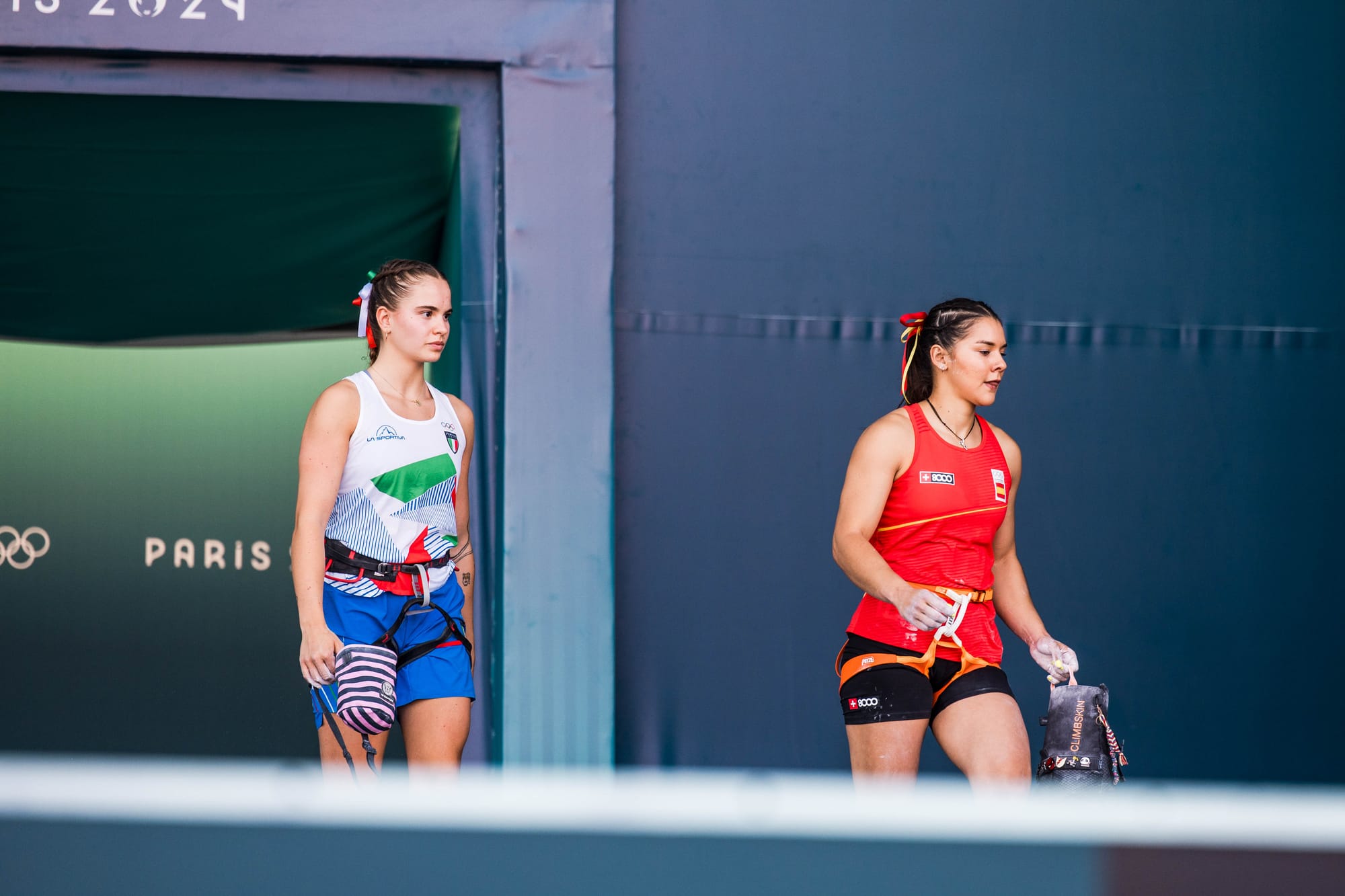
The men's competition feels more competitive.
Kiromal Katibin and Alfian Muhammad Fajri are registered for Indonesia.
Jianguo Long leads the six-strong Chinese speed team in Denver as the only Chinese World Cup medalist. Shouhong Chu is the only other athlete to finish in the top ten of a World Cup as China continues to send young athletes to the World Cups this year.
Sam Watson leads a 10-strong USA team in the competition alongside Noah Bratschii, Zach Hammer, and Merritt Ernsberger.
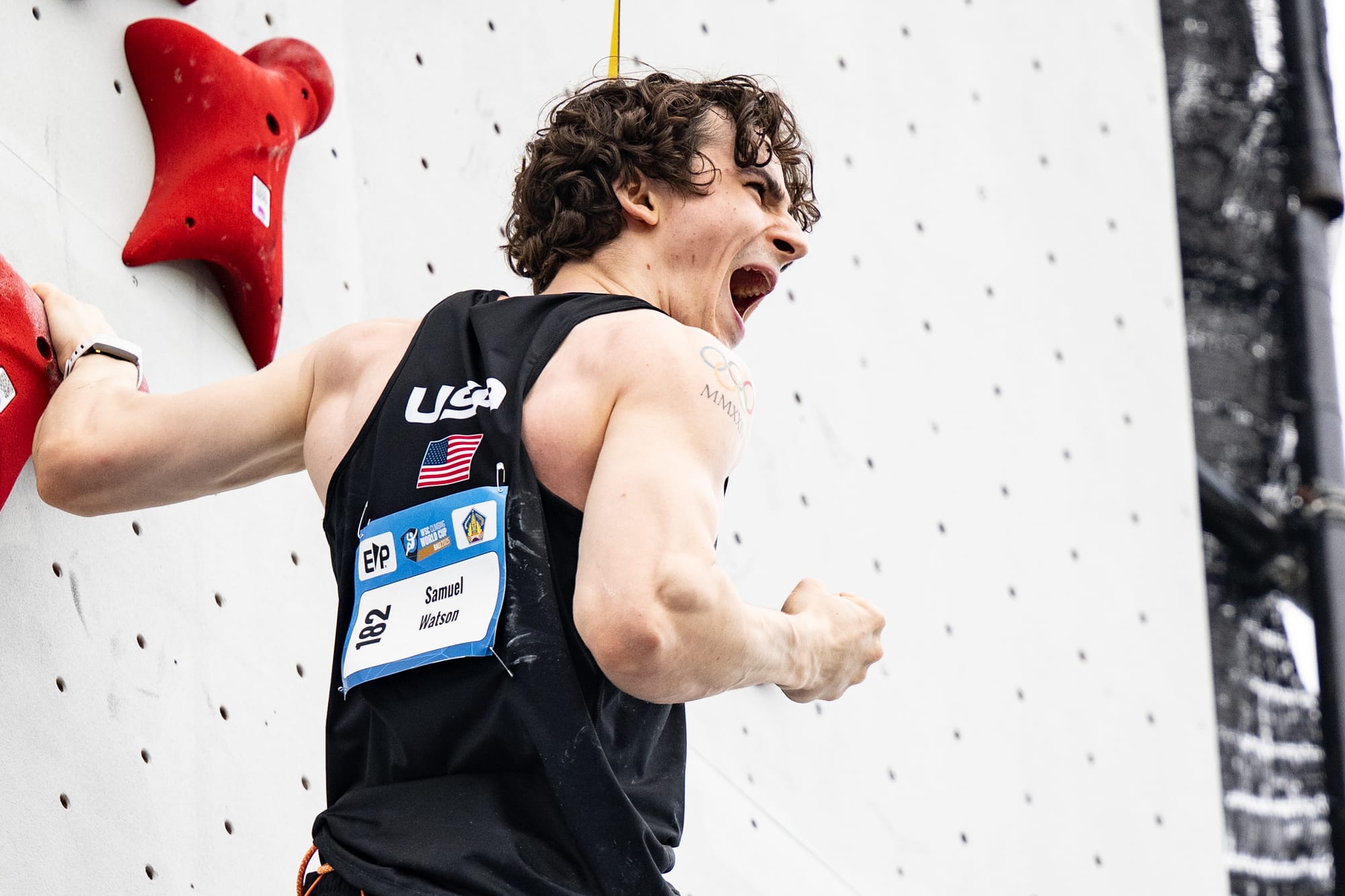
Ukraine are sending a full team including Wujiang silver medalist Hryhorii Ilchyshyn. Matteo Zurloni and Ludovico Fossali lead a five-strong Italian team. Amir Maimuratov leads a five-strong Kazakhstan team.
Silver medalist in Bali Ryo Omasa and Bali finalist Shuto Fujino are both registered. So are Pan American champions Carlos Felipe Granja Lopez and the 2024 Salt Lake City bronze medalist Kevin Amon, who are also registered.
Julian David has had a tough 2025 season so far. Will Denver be the competition for him to show how much he has improved since the Olympics last year?
Schedule
All times are local time UTC-6.
Saturday 31st May
- 16:00 Speed Qualification
Sunday 1st June
- 16:00 Speed Final
Update 2025-05-29: Previous the article said that Meichi Narasaki was not competing at future World Cups because of an injury. This was false and has been corrected.





